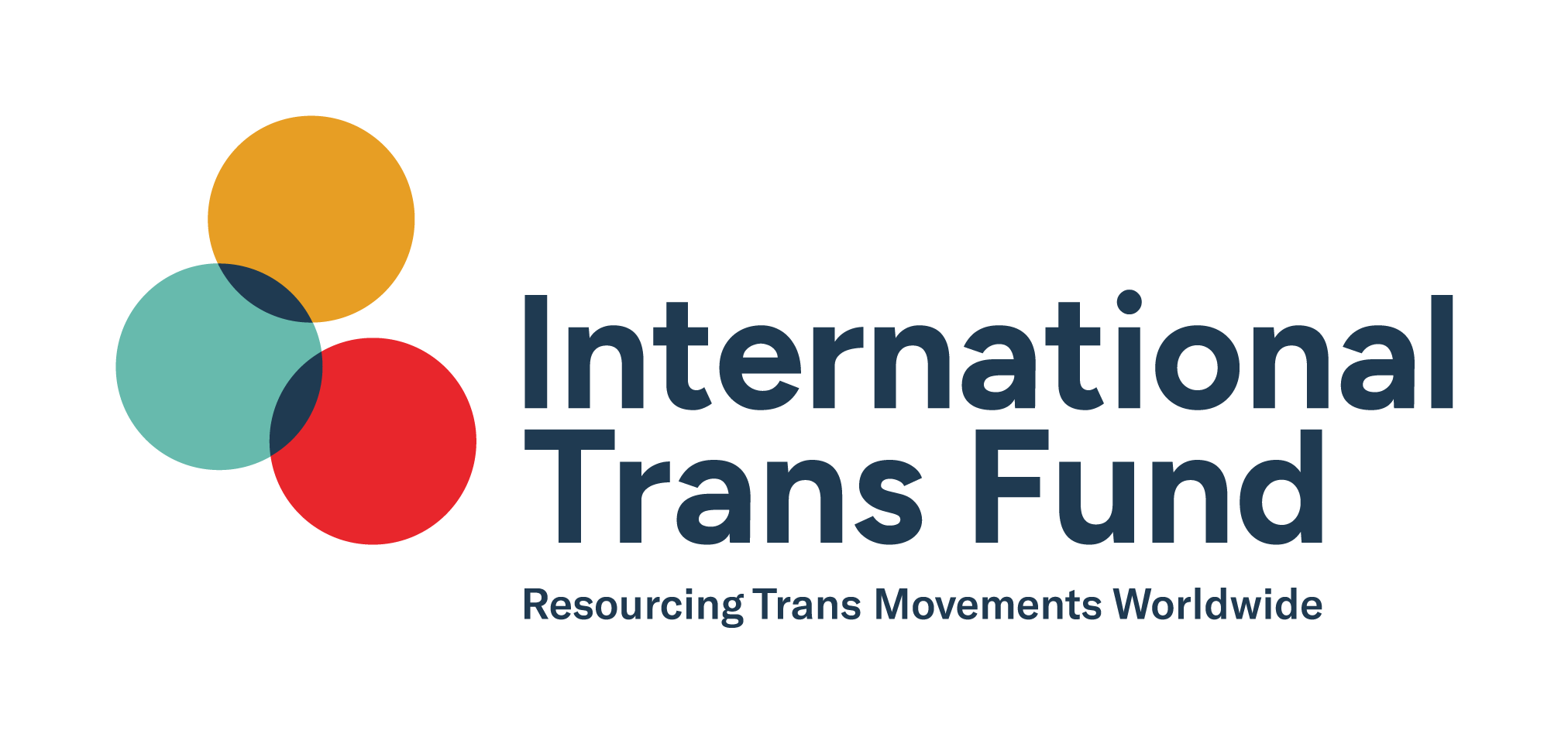General Tips for Writing a Strong Application
- Make sure you are applying for the right grant. SEED grants are for organizations that have never been funded by the ITF. THRIVE grants are only for organizations that have been funded by the ITF and are in good standing.
- Make sure your application is complete. Fill in all fields of the application form and include the requested details. Respond with N/A (not applicable) to questions that are not relevant to your organization. The ITF will not follow up on applications that lack necessary details or are incomplete. If the application is not complete enough to determine eligibility or understand your work, the staff may deem it to be ineligible.
- Remember your reviewer. Your application will be reviewed by the ITF’s Grant Making Panel, composed of trans activists from different parts of the world. This means you should write to your peers but know they may be peers who know very little about your working context. Trans activists know the importance of your work, just remember to describe its specifics well.
- Make your application stand out. Be clear about what you will do with the funding and make sure you tell us what impact it will have on your community and the trans movement. The competition for funding is extremely high and you need to make a case for why your work is important to trans movement building in your region.
- Be realistic. You are the experts on what needs to be done in your context so tell us what your organization wants to do and not what you think we want to hear. The best applications are ambitious but realistic. This also includes the Funding Request – ask for the funding that your organization needs to do the work.
- Clearly present your Funding Request. The ITF has adopted a simplified Funding Request table within the application form. This table is as simple as possible to reflect the ITF’s belief that grantee partners and the Grant Making Panel should focus on the work itself versus budget lines. You must fully complete the table.
- Check your contact details. Make sure you check that your contact details, especially your email address, are spelled correctly. If we cannot contact you, it will delay the process. We strongly recommend you assign a secondary contact in the grants portal in case your primary contact is not reachable or leaves the organization.
- Choose relevant referees. When you select referees, choose two people that know your organization and that will give an honest and thoughtful reference. These cannot be members of your organization (e.g. Do not list staff or Board). Strong references typically come from other funders, representatives from civil society or professional colleagues. Please do not list current ITF Grant Making Panel or Board members as referees. Remember to inform your referees about your application and the need to respond to our request.
- Share your digital presence (if any). You may provide links to your website, social media accounts, or any public articles/interviews about your organization or key leaders. Having a digital presence is not mandatory and does not affect your eligibility. We understand many groups cannot maintain one, especially where visibility may compromise safety and security. If you do not have a digital presence, or if your social media does not reflect your work for safety reasons, briefly explain why (e.g., security risks, lack of resources, or being a new/ grassroots group). In such cases, we will learn more about your work through the references you provide.
This post is also available in: Español (Spanish)
